Updated September 2023
For years, digital marketers would cast their social media rods out into the social sphere with pieces of engagement bait attached to their posts. It worked for a time until Facebook halted the process with their 2017 algorithm change.
According to Facebook, the change demotes posts that are not authentic in nature. For example, posts that ask you to like, share or comment to win a contest or like to vote. While this update has been available for some time, many people still do not know much about it. So, let us explain.
What is Engagement Baiting?
Engagement baiting is the act of encouraging people to interact with social media posts through liking, commenting or sharing. While you still see posts like this from time to time on Facebook, their algorithm places a low rating on them so you see fewer posts like them in your feed.
There are 5 common types of engagement bait so let’s take a look at them now:
The 5 Types of Engagement Bait to Avoid
Reaction baiting encourages people to engage with one of your posts by clicking a reaction button For example, asking people to like a post in order to enter a contest would be considered reaction baiting.
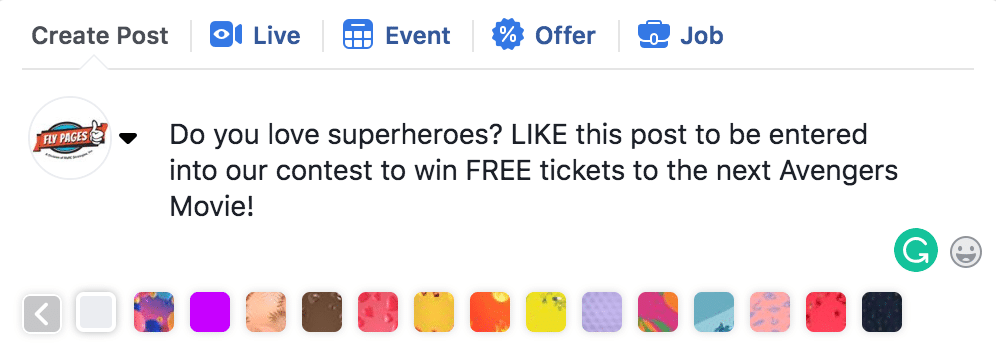
Share baiting calls people to share one of your posts. Asking people to share posts used to be a common occurrence in digital marketing, now it just drops you down in the overall post rankings. It’s important to note that, if there is a post asking people to share a post in order to find a missing person or spread news about a charitable cause, then it will not be penalized!
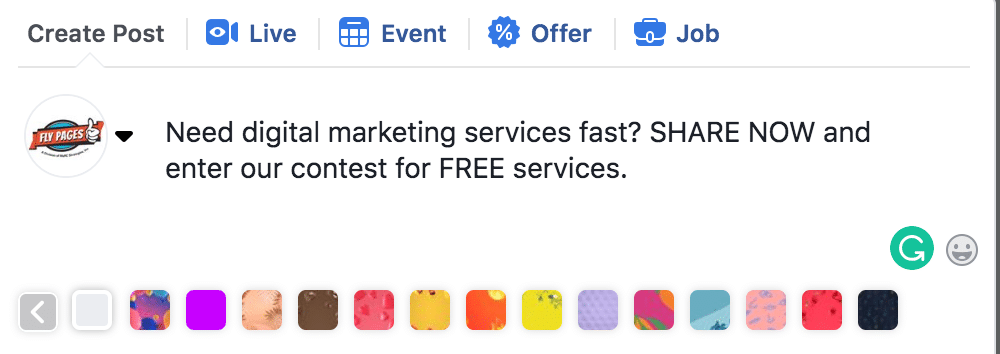
Vote Baiting asks people to vote on a choice by reacting to your post. A common use of this is asking people like for this or love for that. Now that Facebook has created a polling option, they have made an easy way out for you to not accidentally use vote baiting to boost your engagement.
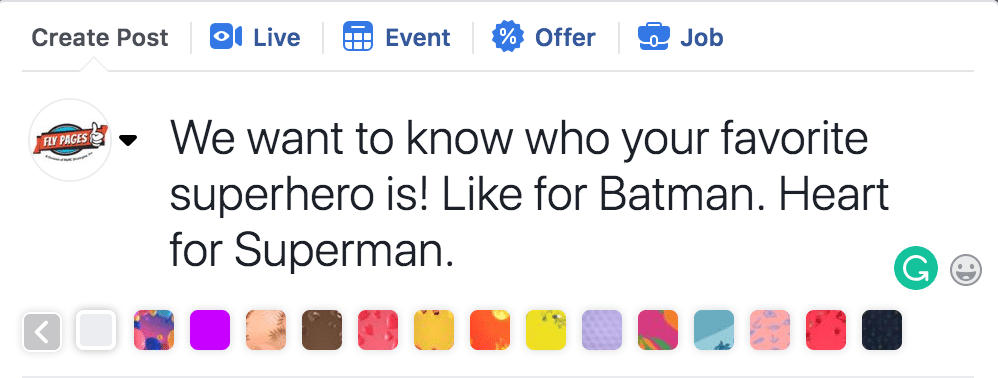
Comment baiting is similar to share and reaction baiting because it asks people to comment on your post in order to usually be entered into a contest. Facebook doesn’t like this because it is not an authentic way of earning engagement so stay away!
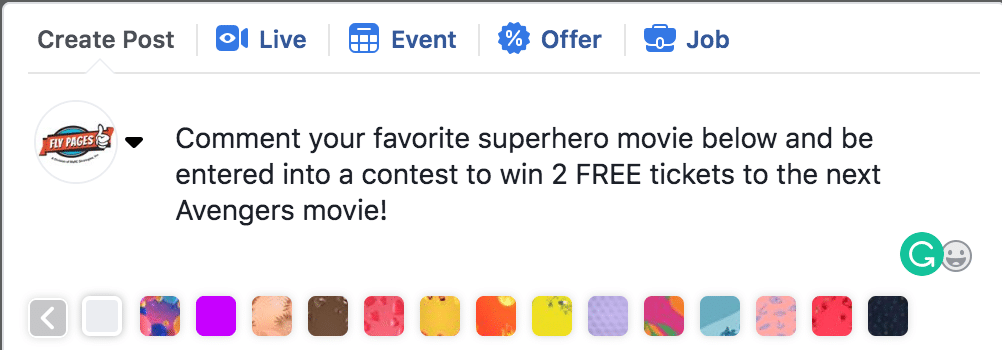
Last but not least is tag baiting. You’ve seen posts like them before where they ask you to comment with your two best friends and then you will be entered into a contest. The reason Facebook doesn’t like this is that it causes tons of people to comment but the conversation goes nowhere.
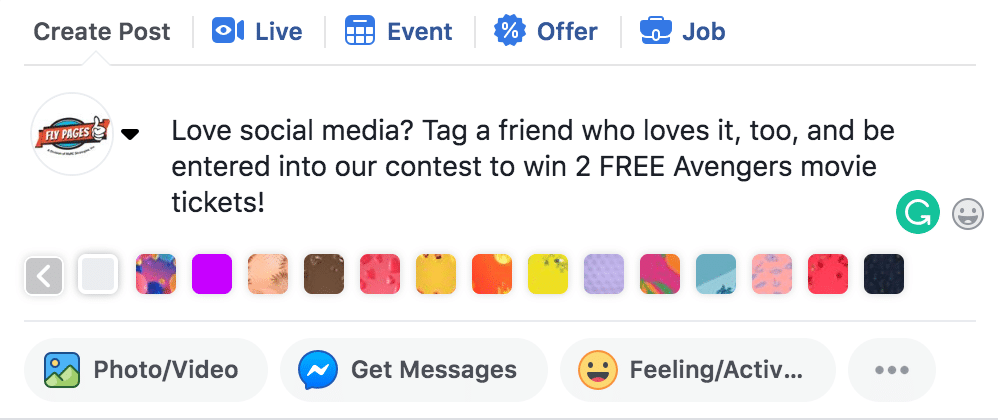
In Facebook’s mind, the main issue with all 5 of these actions is that they prevent authentic engagement among users even if they might seem fun or exciting. Facebook wants to know you are using its platform in the most authentic manner possible and sharing meaningful content. This means cutting back on superficial engagement tactics in favor of more authentic reasons to engage with content.
Another question you are probably considering is since Facebook owns Instagram, will this same algorithm change be made there? It has not happened YET, but maybe someday it could. Many people use these tactics on Instagram especially when it comes to contests and social media influencers promoting products.
Will this change affect how you manage your social media? As you reassess your Facebook strategy, make sure to place an emphasis on authenticity creating great, engaging content. Then, Facebook will learn to love your posts and share them with a wider audience.
If you need help keeping up with the fast-paced, ever-changing world of social media marketing, reach out to speak with one of our Fly Pages experts today!


